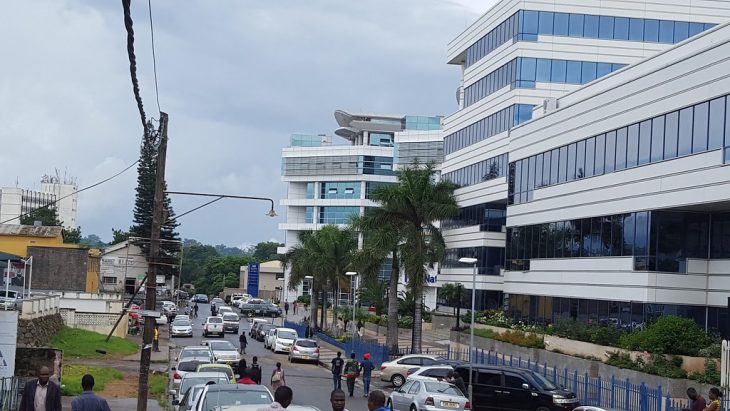
Malawi’s $1.84bn Trade Deficit in 7 Months: A Critical Juncture for Business Resilience and Growth
Key Business Points
- Malawi’s trade deficit has increased to $1.84 billion, driven by a rise in imports and a drop in exports, putting pressure on the country’s foreign exchange reserves.
- The widening trade deficit is largely due to a 15.4 percent rise in imports, including fuel, fertiliser, and cereals, while exports of tobacco, tea, and groundnuts have dropped sharply.
- Economists warn that the trade imbalance could undermine the kwacha’s stability and complicate efforts to rebuild reserves, highlighting the need for deliberate measures to boost production, diversify exports, and rationalise imports.
Malawi’s business community is facing a challenging economic landscape, with the country’s cumulative trade deficit increasing to $1.84 billion in the seven months to July. The latest figures from the Reserve Bank of Malawi (RBM) show that the August merchandise trade gap widened to $224.1 million, the largest in over a year. This sharp deterioration is largely driven by a 15.4 percent rise in imports, including fuel, fertiliser, and cereals, while exports of tobacco, tea, and groundnuts have dropped sharply. The data shows that Malawi continues to spend heavily on imports, even as revenues from its top export commodities have declined.
According to Mzuzu University economics lecturer Christopher Mbukwa, the rise in the deficit reflects both structural and transactional weaknesses in the economy. He notes that the drop in sales of tobacco, groundnuts, and tea has contributed to the increased trade deficit. Additionally, Mbukwa suggests that local-currency transactions in export settlements may have reduced Malawi’s ability to accumulate foreign exchange, worsening the external imbalance. As the Chichewa proverb goes, "Kugona kwa ntchito kumangwana" (hard work pays off tomorrow), but for Malawi’s business sector, the need for deliberate measures to boost production and diversify exports is urgent.
Velli Nyirongo, a Scotland-based Malawian economist, notes that there is always a persistent mismatch between the country’s import needs and export capacity, signalling deep structural dependence. With limited diversification and low industrial output, the country remains vulnerable to seasonal export fluctuations and global price movements. The situation could further undermine the kwacha’s stability and complicate efforts to rebuild reserves unless accompanied by deliberate measures to boost production, diversify exports, and rationalise imports.
As the lean farming season approaches, the high import bill for fuel and fertiliser combined with falling export receipts signals tougher months ahead for both consumers and policymakers navigating Malawi’s fragile macroeconomic recovery. The Chichewa phrase "Kusintha kwambiri" (to change for the better) is a call to action for Malawi’s business sector to adapt to the changing economic landscape. For local entrepreneurs and business owners, understanding the ndalama (money) flows and mas neighborhoods (markets) is crucial to making informed decisions and staying competitive in the market. By kufikira pamoza (thinking together), Malawi’s business community can work towards boosting production, diversifying exports, and rationalising imports to improve the country’s trade balance and stimulate economic growth.
What are your thoughts on this business development? Share your insights and remember to follow us on Facebook and Twitter for the latest Malawi business news and opportunities. Visit us daily for comprehensive coverage of Malawi’s business landscape.
- Revitalizing Malawi’s Economy: Tackling Climate Related Underfunding for Sustainable Growth - January 30, 2026
- Navigating Malawi’s Fiscal Crossroads: Strategies for Business Resilience Amidst Rising Debt - January 29, 2026
- ACE Africa Taps Seasoned Expert Muona to Spearhead Growth and Drive Business Momentum in Malawi - January 29, 2026
